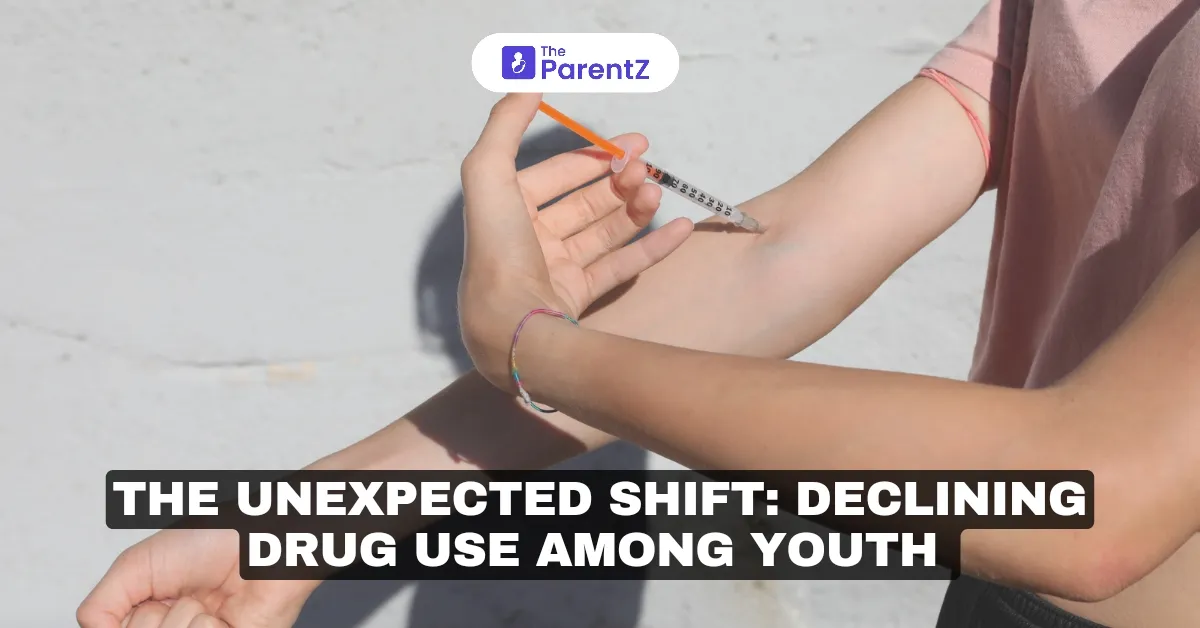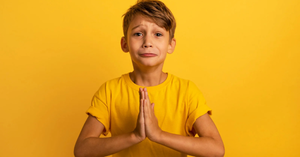As a parent in 2025, here's some surprisingly good news that might make your day: our teenagers are increasingly saying "no" to drugs and alcohol. We know it sounds almost too good to be true, but recent data from the University of Michigan's Monitoring the Future survey tells an encouraging story that's worth understanding.
A Significant Decline in Substance Use
Let's talk about what's really happening. The survey, which reached out to students across grades 8, 10, and 12, shows that drug abstinence is at its highest level since they started tracking this in 2017. In simple terms, more kids are choosing to stay clean than ever before. For example, in 12th grade, 67% of students didn't use any drugs or alcohol in the past month – that's up from 53% in 2017. Even more impressive, 90% of 8th graders are staying away from these substances.
But here's the million-dollar question: why are our kids making these healthier choices? The answer isn't as simple as you might think, and it's actually pretty fascinating.
Factors Influencing the Decline
Impact of the Pandemic
Remember when COVID hit, and we all worried about how isolation would affect our kids? Well, it turns out that the pandemic might have accidentally done something positive. Those kids who were 13-14 when COVID struck (now our current high schoolers) were actually protected from the typical peer pressure and drug exposure they might have faced during those crucial early teen years. Instead of learning that drugs were a way to "be cool," they found other ways to navigate their social lives.
Rise of Digital Interactions
But it's not just about the pandemic. Our kids' world looks very different from the one we grew up in. Think about it – while we might have hung out at the mall or in parking lots after school, today's teens are more likely to be connecting through their phones or playing online games with friends. Dr. Nora Volkow, a leading expert in this field, suggests that social media might actually be playing a protective role here. Instead of proving themselves through risky behaviors like drinking or smoking, kids are getting their social validation through likes and follows.
The numbers tell the story clearly. Alcohol use among 12th graders has dropped from 75% in 1997 to just 42% in 2024. Marijuana use has hit its lowest point in three decades, with only 26% of high school seniors reporting use in the past year. Even vaping, which was skyrocketing just a few years ago, has dropped significantly.
Increased Awareness of Risks
There's also another factor at play: today's teens are more health-conscious than previous generations. They've grown up watching the devastating effects of the opioid crisis, and they're much more aware of the dangers of counterfeit pills and fentanyl. Many are choosing healthier ways to cope with stress, like exercise and mindfulness.
Social media influencers are playing their part too, with many celebrities and athletes using their platforms to promote sobriety and mental health. This gives our kids more positive role models to look up to.
What Parents Can Do?
As parents, this trend gives us hope, but it doesn't mean we can let our guard down. While these numbers are encouraging, we still need to keep the conversation about drugs and alcohol open with our kids. Despite this positive trend, some families are still facing challenges with substance use. If you're in this situation, we highly recommend reading "A Parent's Guide to Facing a Child's Substance Abuse: Understanding, Not Blame" Remember, every family's journey is different, and seeking help is a sign of strength, not failure.
Statistics don't tell individual stories, and your family might be experiencing something very different from these broader trends. If you're concerned about your child's substance use, know that you're not alone, and there are resources and support systems available. While today's blog focuses on the encouraging decline in teen drug use, the reality is that many families still face these challenges, and that's okay – what matters is getting the help and support you need.
The most important thing is to recognize that this isn't just a temporary blip – it's a cultural shift. Our kids are making different choices than we did at their age, and in many ways, they're making smarter ones. Maybe instead of worrying about what our teens are up to on their phones, we should sometimes appreciate how their digital world might actually be helping them make better choices about their health and future. And for those parents facing challenges, remember that understanding and support, not blame and shame, are the keys to helping our children navigate through difficult times.
Conclusion
The decline in drug and alcohol use among youth is a positive development that reflects changing societal norms and behaviors influenced by various factors, including the pandemic's impact on social interactions. While this trend is promising, it’s important for us to remain engaged with our children about substance use risks and healthy lifestyle choices. We can help ensure that this trend continues into future generations by fostering open communication and promoting positive activities.








Be the first one to comment on this story.